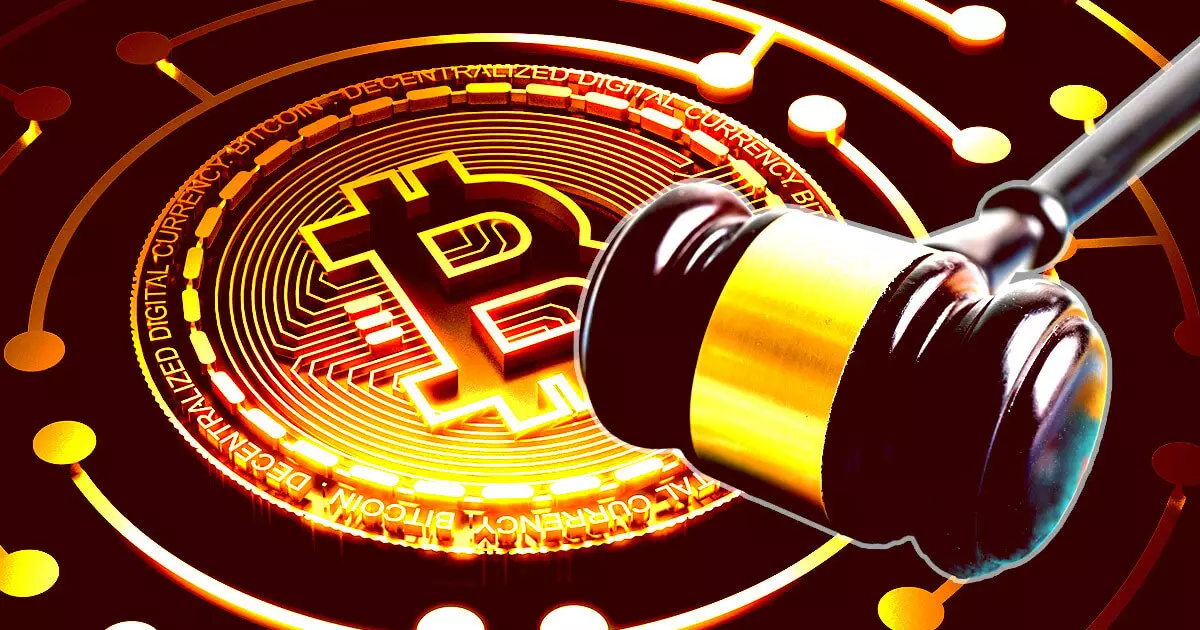As Pennsylvania legislators propose new rules demanding public officials disclose holdings of digital assets over $1,000, a critical observer must question the true intent behind such measures. While proponents argue these laws bolster transparency, in reality, they serve as thinly veiled mechanisms to regulate and potentially stigmatize digital currencies. The legislation’s emphasis on a $1,000 threshold is questionable—it mirrors existing standards for traditional investments, yet digital assets are inherently more volatile and complex, rendering such a simple cap inadequate. More concerning is the limit on transactions and holdings, which indicates an underlying desire to control and surveil official financial behavior under the guise of integrity. Far from fostering honesty, these laws risk creating a climate of suspicion where every digital transaction becomes scrutinized, which can inhibit actual innovation and freedom.
Legislating Morality or Micromanaging Liberties?
The bill’s restrictions on engaging in crypto transactions during and a year after office raise questions about whether it is about preventing corruption or about exerting unnecessary control over officials’ personal choices. Advocates might claim this prevents conflicts of interest, but the practical implications suggest overreach. These prohibitions are akin to paternalistic restrictions that ignore personal responsibility and professional integrity—qualities that are better maintained through robust oversight and accountability rather than outright bans. Moreover, the inclusion of immediate family members in these restrictions becomes a slippery slope, burdening families with government-imposed financial behaviors and complicating personal relationships.
The Double Standard and Political Opportunism
The policy also exposes a stark inconsistency when placed against Congress and federal officials, who face parallel or even stricter measures through bills like the “Stop Presidential Profiteering from Digital Assets Act” and the COIN Act. These federal efforts, led by bipartisan figures, highlight an emerging political narrative that treats digital assets as inherently corrupting influences, rather than legitimate investment vehicles. Such legislation, ostensibly about ethics, often functions as political opportunism—capitalizing on public suspicion of new financial technologies. It is less about genuine concern for integrity and more a means to curtail the growing influence of cryptocurrencies, which challenge traditional financial power structures. Vigilant governing recognizes digital assets as part of modern economic participation, not as a threat that warrants draconian restrictions.
Democratic Values and the Future of Financial Privacy
Ultimately, these legislative actions reveal a troubling tendency to undermine personal financial privacy under the pretext of public virtue. Restricting officials’ ability to hold or trade digital assets, especially with a vague definition that encompasses NFTs and tokens, threatens to stifle economic freedom and innovation within the public sphere. The broader trend of using legislative power to control financial behavior raises concerns about potential government overreach that could extend far beyond cryptocurrencies. Democratic societies thrive on trust and personal responsibility; overregulation and suspicion serve only to erode these foundations, ultimately undermining the principles of liberty and free enterprise that define a balanced, center-right approach to governance.

